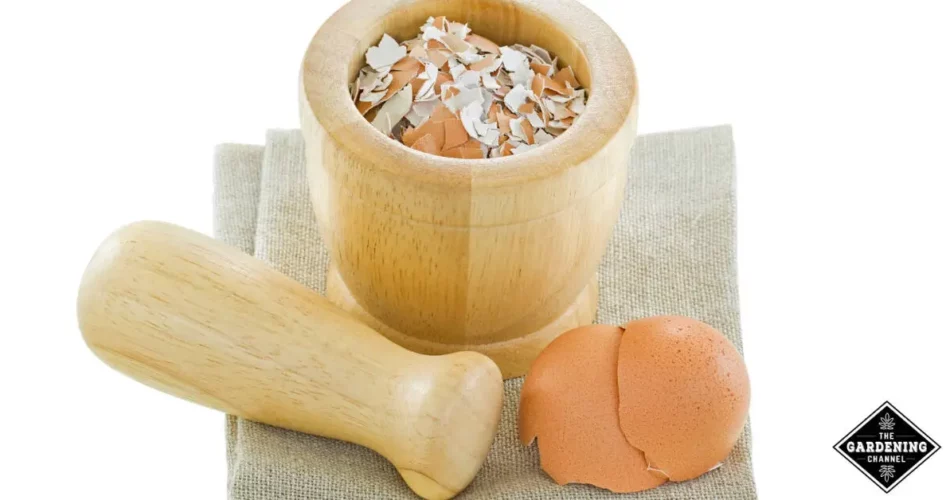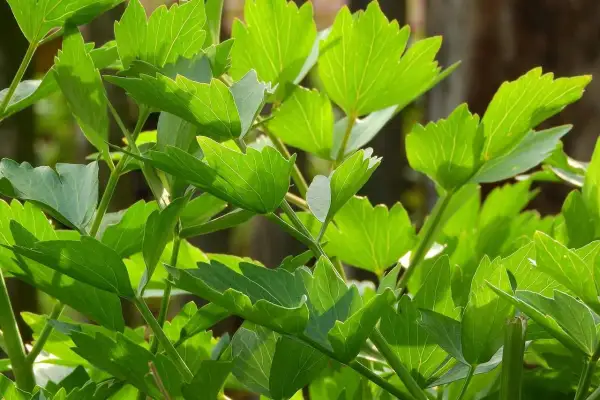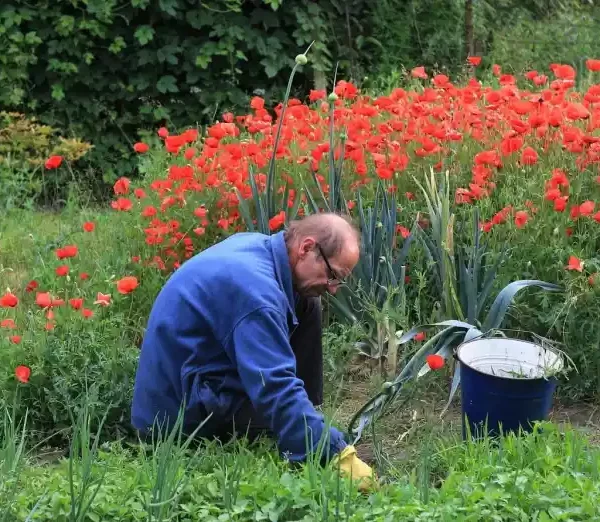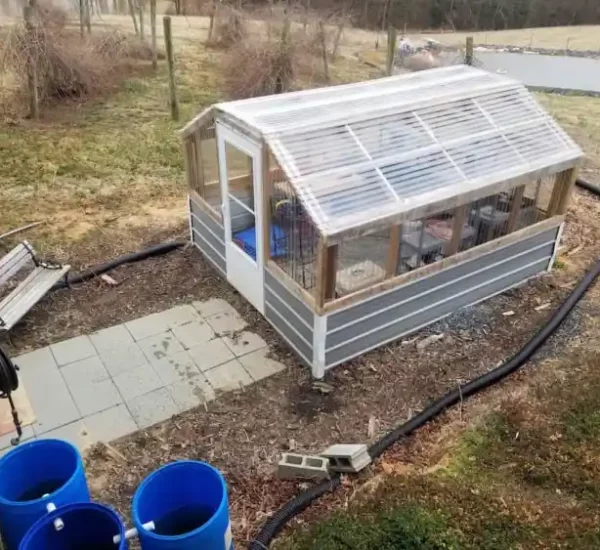Eggshells are a common kitchen waste item that can be repurposed to benefit your garden in various ways. In this expert guide, we’ll explore the practical uses of eggshells in gardening, debunk myths surrounding their effectiveness, and provide evidence-based tips for maximizing their potential. From enhancing soil fertility to deterring pests, discover how eggshells can become a valuable asset in your gardening arsenal.
Understanding the Nutritional Value of Eggshells
Eggshells are primarily composed of calcium carbonate, a mineral that can benefit soil health and plant growth. Calcium is essential for cell wall structure in plants and plays a crucial role in preventing disorders such as blossom end rot in tomatoes and peppers. By incorporating eggshells into your garden, you can provide a natural and readily available source of calcium to your plants.
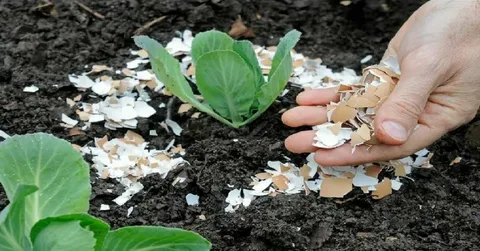
Crushing and Grinding Eggshells for Garden Use
To make eggshells more accessible to plants, it’s essential to crush or grind them into smaller particles. This process breaks down the eggshells into fine granules that can be easily absorbed by plant roots. You can use a mortar and pestle, food processor, or coffee grinder to crush eggshells into a powder-like consistency.
Adding Eggshells to Compost and Soil Amendments
Eggshells can be added to compost piles or incorporated directly into soil amendments to improve soil structure and fertility. When added to compost, eggshells break down slowly, releasing calcium and other nutrients over time. In soil amendments, crushed eggshells can help balance pH levels and provide a steady supply of calcium to plants.
Using Eggshells as Seed Starters and Soil Enhancers
Crushed eggshells can be used as seed starters to provide a protective barrier around young seedlings and deter pests such as slugs and snails. Additionally, incorporating eggshells into potting mixtures or garden beds can improve drainage and aeration, creating a healthier growing environment for plants.
Debunking Myths About Eggshells in the Garden
While eggshells are beneficial for certain aspects of gardening, it’s essential to separate fact from fiction when it comes to their efficacy. Contrary to popular belief, eggshells do not effectively deter pests such as deer or rabbits when scattered around plants. Additionally, claims that eggshells can control soil pH are often overstated, as their impact on pH levels is minimal compared to other amendments.
Recommendations from Government and Horticultural Bodies
Governmental and horticultural organizations may provide recommendations for using eggshells in gardening based on scientific research and evidence. The United States Department of Agriculture (USDA) and local agricultural extension offices offer resources on soil health and fertility management, including the benefits of incorporating calcium-rich amendments like eggshells.
Conclusion
In conclusion, eggshells can be valuable additions to your gardening routine, providing essential nutrients and improving soil health. By crushing eggshells and incorporating them into compost, soil amendments, and seed starters, you can enhance the fertility of your garden and promote robust plant growth. However, it’s essential to approach the use of eggshells in the garden with realistic expectations and rely on evidence-based practices to maximize their benefits.
Are eggshells good for plants in the garden?
Yes, eggshells are beneficial for plants in the garden due to their calcium content, which can improve soil fertility and support plant growth. When crushed and incorporated into the soil, eggshells release calcium slowly, providing a natural source of this essential nutrient to plants.
How do I prepare eggshells for use in the garden?
To prepare eggshells for use in the garden, rinse them thoroughly to remove any residue, then allow them to dry completely. Once dry, crush or grind the eggshells into small pieces or a fine powder using a mortar and pestle, food processor, or coffee grinder.
Can eggshells be used directly in the garden?
Yes, crushed eggshells can be used directly in the garden as soil amendments or mulch. Simply scatter the crushed eggshells around plants or incorporate them into the soil to provide a source of calcium and improve soil structure.
Do eggshells deter pests in the garden?
While some gardeners believe that eggshells can deter pests such as slugs and snails, there is limited scientific evidence to support this claim. While the abrasive texture of eggshells may deter some pests, it is not a reliable method of pest control on its own.
Can eggshells help control soil pH?
Eggshells contain calcium carbonate, which has a neutral pH, so their impact on soil pH is minimal. While eggshells may help buffer soil pH slightly, they are not a significant factor in controlling pH levels in the garden.
How do I use eggshells as seed starters?
Crushed eggshells can be used as seed starters by placing them in the bottom of seedling pots or trays before adding soil and seeds. The eggshells provide a protective barrier around young seedlings and can help prevent damping-off disease.
Can I compost eggshells?
Yes, eggshells can be composted along with other organic materials. However, it’s best to crush or grind them before adding them to the compost pile to help them break down more quickly. Over time, the eggshells will decompose and contribute valuable nutrients to the compost.
Are there any myths about using eggshells in the garden?
Yes, there are several myths surrounding the use of eggshells in the garden, including claims that they can deter deer or rabbits and control soil pH. While eggshells have benefits for plants, their effectiveness for these purposes is often overstated.
Can eggshells be used to prevent blossom end rot?
Blossom end rot is a common disorder in tomatoes and peppers caused by calcium deficiency. While eggshells contain calcium, they are not a reliable method for preventing blossom end rot. Maintaining consistent soil moisture levels and providing adequate calcium through other means are more effective strategies.
Are there any safety concerns when using eggshells in the garden?
There are generally no safety concerns when using eggshells in the garden, but it’s essential to wash them thoroughly before use to remove any potential contamination. Additionally, avoid using eggshells from eggs that have been in contact with pathogens such as Salmonella.
- Rhode Island’s Favorite THC Infused Beverages - June 5, 2025
- THC Soda and Drink Options in Idaho - May 28, 2025
- Ohio’s Go-To THC Infused Beverages - May 28, 2025

